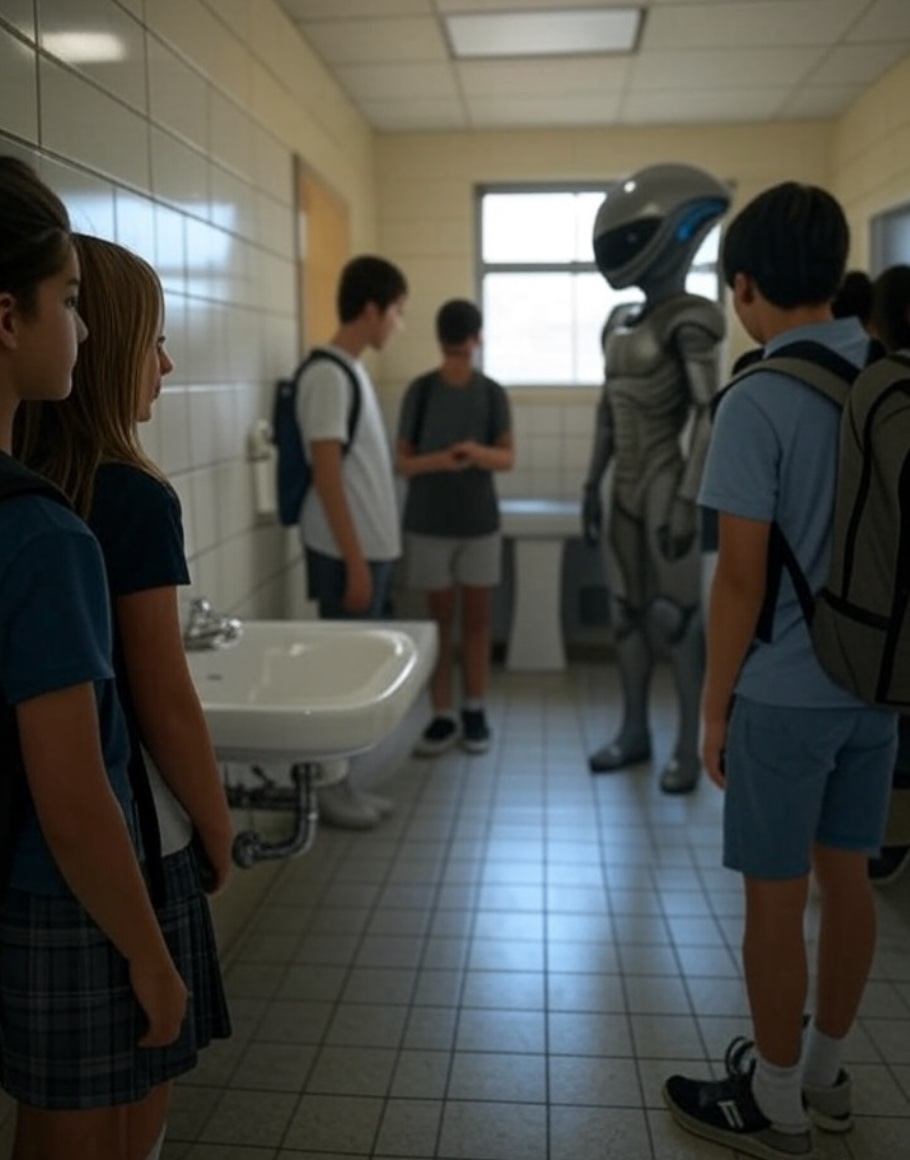The US Supreme Court this week declined to temporarily reinstate a South Carolina law that required students to use school bathrooms that correspond to their biological sex, leaving in place an appeals court ruling that allows a girl who believes she is a boy and who wants the world to believe she is a boy to continue using the boys’ restroom while litigation proceeds.
In a brief, unsigned order, the justices emphasized that the decision was not a ruling on the merits of the case, but instead reflected the court’s standards for emergency relief. Justices Clarence Thomas, Samuel Alito, and Neil Gorsuch indicated they would have granted South Carolina’s request to pause the lower court ruling.
The dispute involves a Charleston-area student identified only as John Doe, whose parents withdrew her from school during the 2024-25 school year after she was suspended for using the boys’ bathroom. Facing possible expulsion, Doe returned to in-person school this fall and challenged the state law in federal court, arguing it violates the Constitution’s equal protection clause and federal civil rights protections against sex-based discrimination in education.
South Carolina first enacted the law in its 2024-25 budget and carried it forward into the 2025-26 annual budget. After a district court initially paused Doe’s case in light of the Supreme Court’s decision to review a similar West Virginia sports law, the US Court of Appeals for the 4th Circuit allowed Doe’s case to continue and ruled in the girl’s favor, citing its 2020 precedent in Grimm v. Gloucester County School Board. That ruling held that a Virginia district’s refusal to allow a girl to use the boys’ bathroom violated federal law and constitutional protections.
The state asked the Supreme Court on Aug. 26 to step in, calling the Grimm decision a “discredited outlier” and pointing to the justices’ recent ruling in United States v. Skrmetti, which upheld Tennessee’s ban on certain medical treatments for transgender youth.
Doe’s lawyers countered that the 4th Circuit’s order applied only to their client and did not prevent the state from enforcing the law elsewhere.
“Today’s decision from the Supreme Court reaffirms what we all know to be true: Contrary to South Carolina’s insistence, trans students are not emergencies. They are not threats. They are young people looking to learn and grow at school, despite the state-mandated hostility they too often face. We are so thrilled that our client will continue to be able to use boys’ restrooms while his appeal continues, and hope today’s decision will provide hope to other trans students and their families during these difficult times,” said Alexandra Brodsky, litigation director for Public Justice’s Students’ Civil Rights Project.
The Supreme Court’s ruling means Doe may continue using the boys’ restroom while the legal battle moves forward. The broader issue of transgender students’ rights in schools is expected to return to the justices’ docket as they consider related cases in the coming term.
